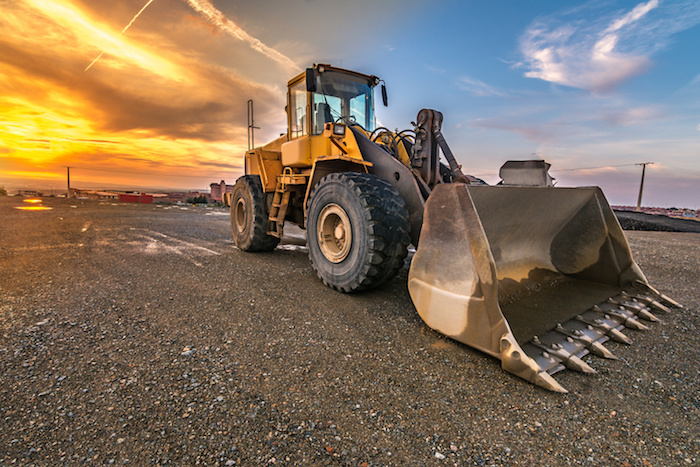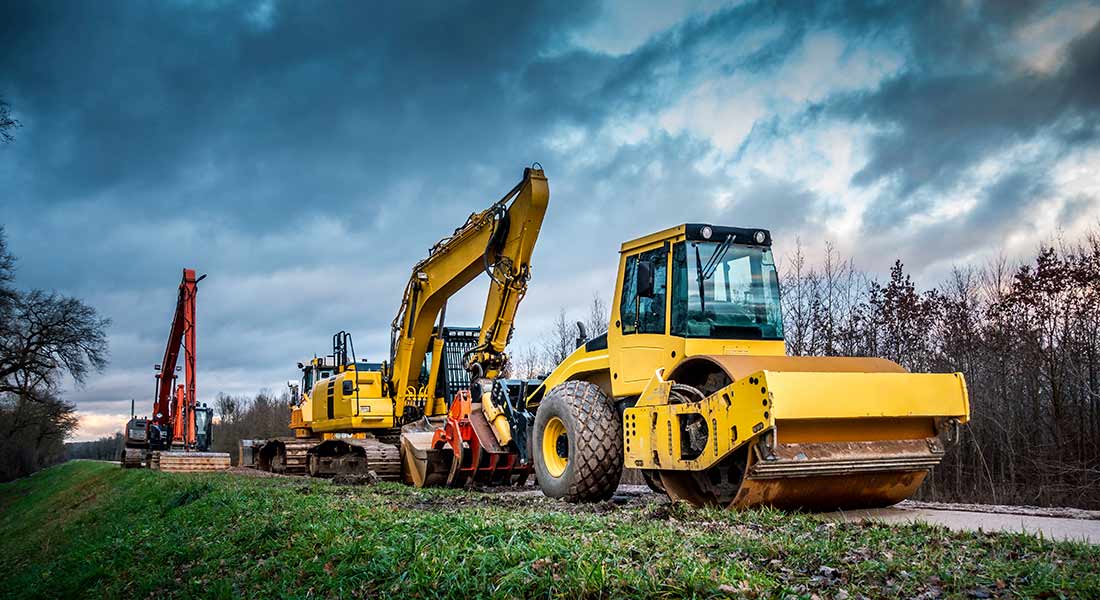Exploring the Financial Perks of Leasing Building And Construction Tools Compared to Having It Long-Term
The decision between owning and renting building tools is pivotal for economic monitoring in the industry. Renting offers instant price financial savings and functional adaptability, allowing business to assign sources a lot more efficiently. Comprehending these subtleties is important, especially when thinking about just how they straighten with certain job requirements and economic strategies.

Expense Contrast: Leasing Vs. Having
When evaluating the financial effects of leasing versus owning building and construction tools, a thorough expense comparison is important for making notified decisions. The option between renting out and owning can substantially impact a firm's lower line, and understanding the connected expenses is crucial.
Leasing building and construction equipment commonly entails lower upfront prices, allowing services to designate capital to various other operational needs. Rental prices can build up over time, potentially going beyond the expenditure of possession if equipment is required for a prolonged period.
Alternatively, owning building and construction equipment needs a considerable first financial investment, together with ongoing expenses such as insurance policy, devaluation, and funding. While ownership can lead to lasting financial savings, it likewise binds funding and may not give the very same degree of versatility as renting. Additionally, having equipment requires a dedication to its utilization, which may not constantly straighten with project demands.
Ultimately, the decision to possess or lease must be based upon a comprehensive evaluation of details project needs, economic ability, and long-term calculated objectives.

Maintenance Responsibilities and expenditures
The option in between possessing and renting construction devices not only entails economic considerations but likewise includes continuous maintenance costs and obligations. Having tools calls for a significant dedication to its upkeep, that includes routine assessments, repairs, and potential upgrades. These obligations can swiftly gather, causing unexpected prices that can stress a budget plan.
On the other hand, when leasing devices, maintenance is generally the obligation of the rental firm. This plan permits contractors to prevent the economic problem connected with damage, along with the logistical challenges of scheduling repairs. Rental agreements often include arrangements for maintenance, meaning that specialists can focus on completing jobs as opposed to bothering with equipment problem.
Additionally, the varied range of tools available for rental fee enables firms to choose the most recent designs with advanced technology, which can boost efficiency and performance - scissor lift rental in Tuscaloosa Al. By selecting services, companies can prevent the lasting obligation of tools devaluation and the associated maintenance migraines. Ultimately, examining upkeep expenses and duties is important for making a notified decision regarding whether to possess or lease construction equipment, considerably impacting total job costs and functional effectiveness

Devaluation Influence On Ownership

A substantial aspect to consider in the choice to have building tools is the impact of depreciation on overall possession costs. Depreciation represents the decline in worth of the equipment gradually, affected by factors such as usage, damage, and developments in modern technology. As devices ages, its market price diminishes, which can considerably influence the owner's economic setting when it comes time to trade the equipment or offer.
For building and construction firms, this depreciation can convert to substantial losses if the devices is not utilized to its maximum potential or if it becomes out-of-date. Owners should account for depreciation in their economic estimates, which can used backhoe buckets for sale near me lead to higher overall costs contrasted to renting. In addition, the tax ramifications of devaluation can be complex; while it might supply some tax benefits, these are frequently offset by the reality of reduced resale worth.
Ultimately, the concern of depreciation emphasizes the value of understanding the long-lasting financial dedication associated with having construction devices. Business need to very carefully review just how commonly they will utilize the tools and the prospective economic impact of depreciation to make an enlightened decision about ownership versus renting out.
Financial Flexibility of Leasing
Renting building tools supplies significant economic versatility, allowing business to allot resources much more efficiently. This versatility is particularly essential in an industry defined by fluctuating task needs and differing workloads. By opting to lease, services can avoid the significant resources investment needed for acquiring equipment, preserving cash money flow for other operational needs.
Furthermore, leasing equipment makes it possible for business to tailor their devices selections to details project demands without the long-term commitment connected with ownership. This suggests that businesses can conveniently scale their tools stock up or down based upon present and expected task requirements. Subsequently, this versatility reduces the risk of over-investment in machinery that might end up being underutilized or out-of-date gradually.
An additional financial advantage of renting out is the possibility for tax benefits. Rental settlements are typically taken into consideration operating budget, enabling heavy equipment rental prices instant tax obligation deductions, unlike devaluation on owned and operated tools, which is topped several years. scissor lift rental in Tuscaloosa Al. This instant expenditure recognition can even more enhance a business's cash money position
Long-Term Project Factors To Consider
When examining the long-lasting demands of a building and construction service, the decision between leasing and having tools ends up being extra intricate. For jobs with prolonged timelines, buying tools may seem advantageous due to the potential for reduced general costs.
The building and construction market is advancing rapidly, with new equipment offering improved efficiency and security features. This versatility is specifically beneficial for companies that take care of varied projects requiring different types of equipment.
Furthermore, financial stability plays a vital function. Owning devices often involves considerable resources investment and devaluation problems, while leasing permits for even more predictable budgeting and capital. Inevitably, the option between owning and renting out should be straightened with the tactical purposes of the building and construction business, taking right into account both expected and current task needs.
Verdict
In verdict, leasing building and construction equipment offers significant financial advantages over long-term ownership. Ultimately, the choice to rent out instead than very own aligns with the vibrant nature of building projects, permitting for adaptability and accessibility to the newest equipment without the financial burdens linked with possession.
As devices ages, its market value lessens, which can considerably impact the proprietor's monetary setting when it comes time to market or trade the equipment.
Renting building equipment check my source uses considerable economic adaptability, permitting business to designate resources much more successfully.In addition, leasing equipment allows business to customize their equipment options to certain job requirements without the lasting commitment connected with ownership.In final thought, leasing building and construction equipment uses significant economic benefits over long-term ownership. Ultimately, the choice to rent out instead than own aligns with the dynamic nature of building jobs, enabling for adaptability and access to the most recent tools without the monetary burdens associated with possession.